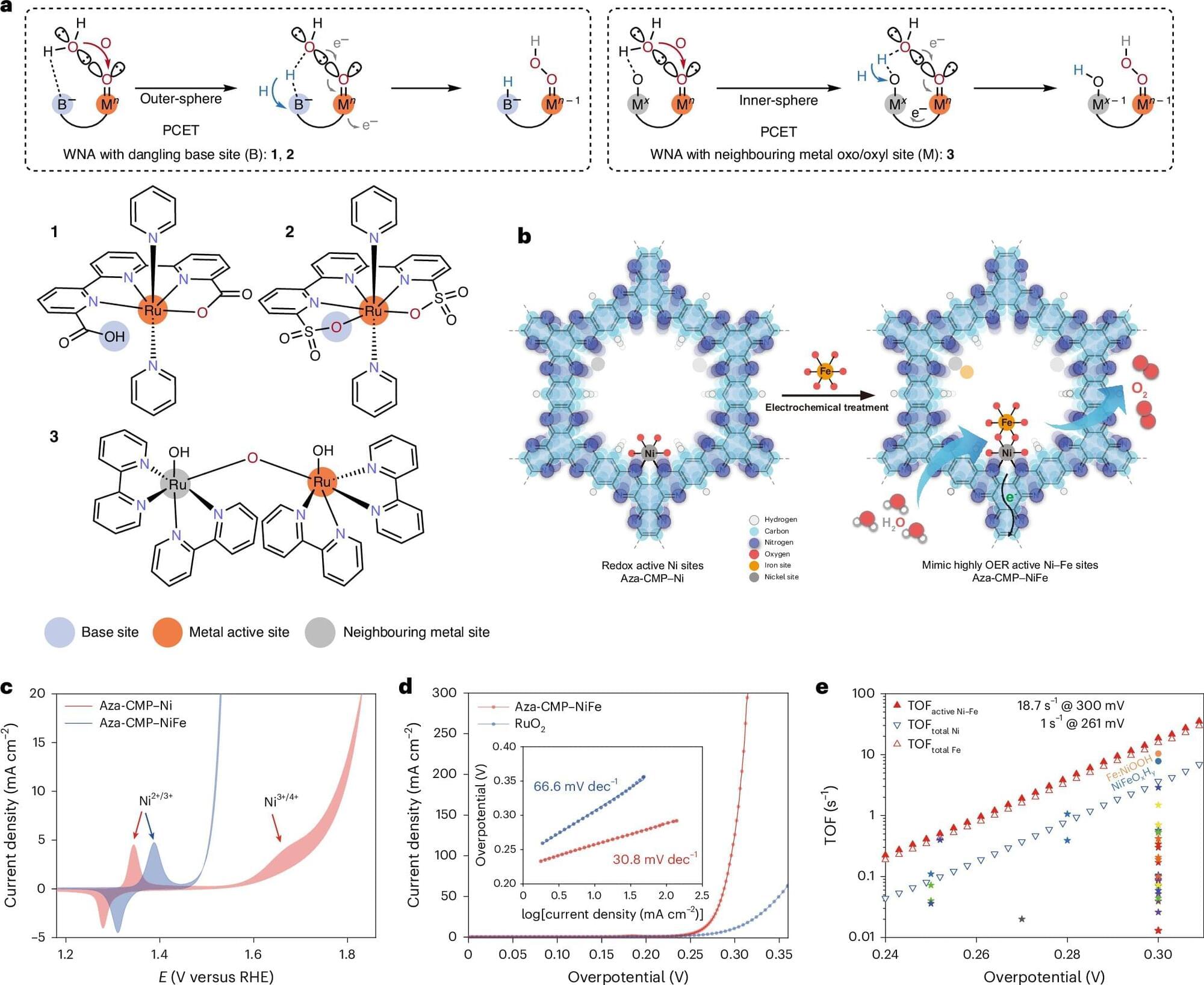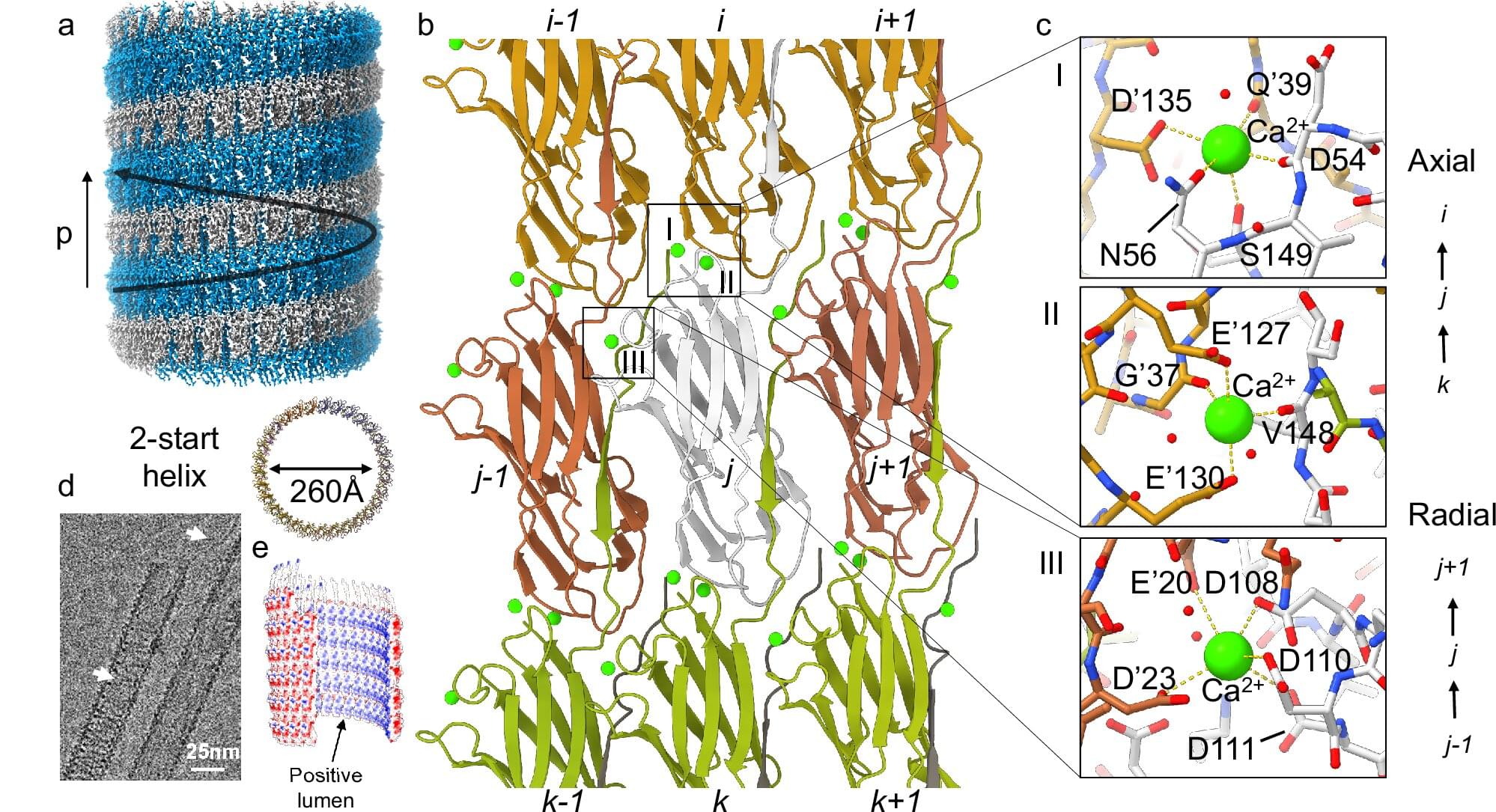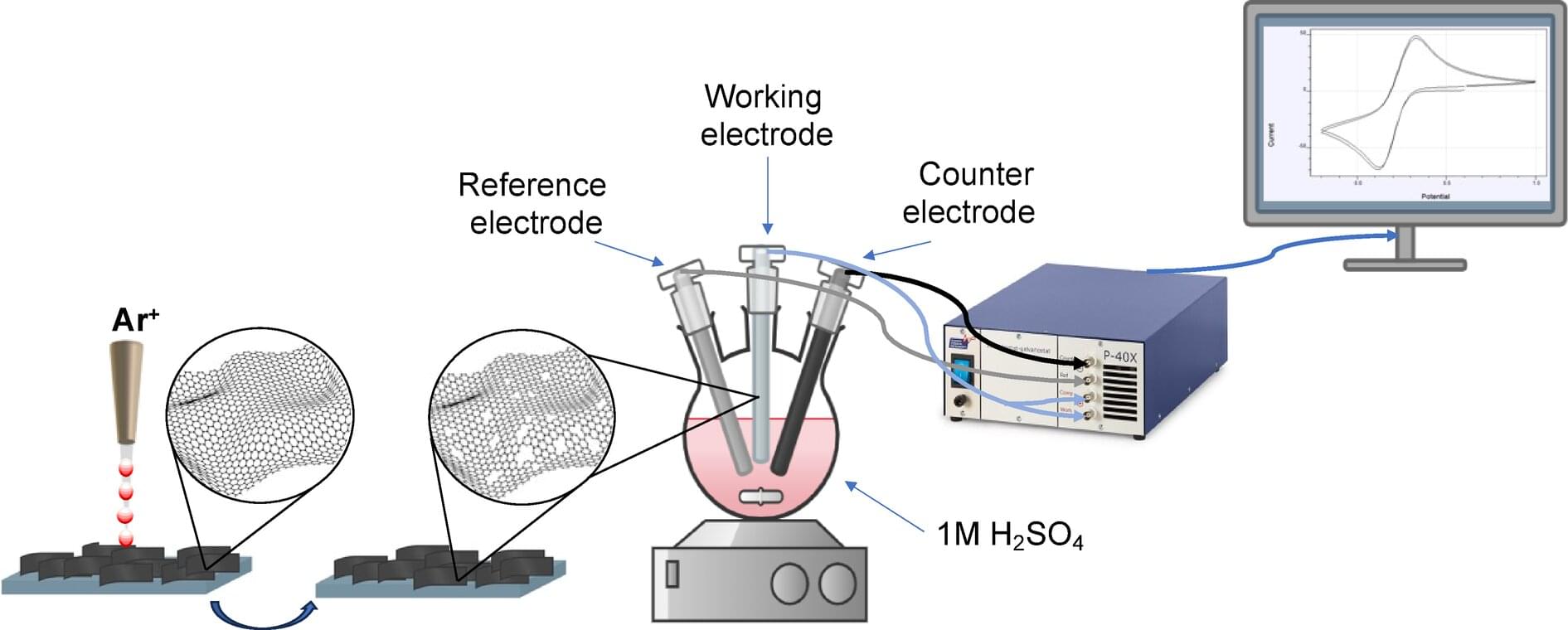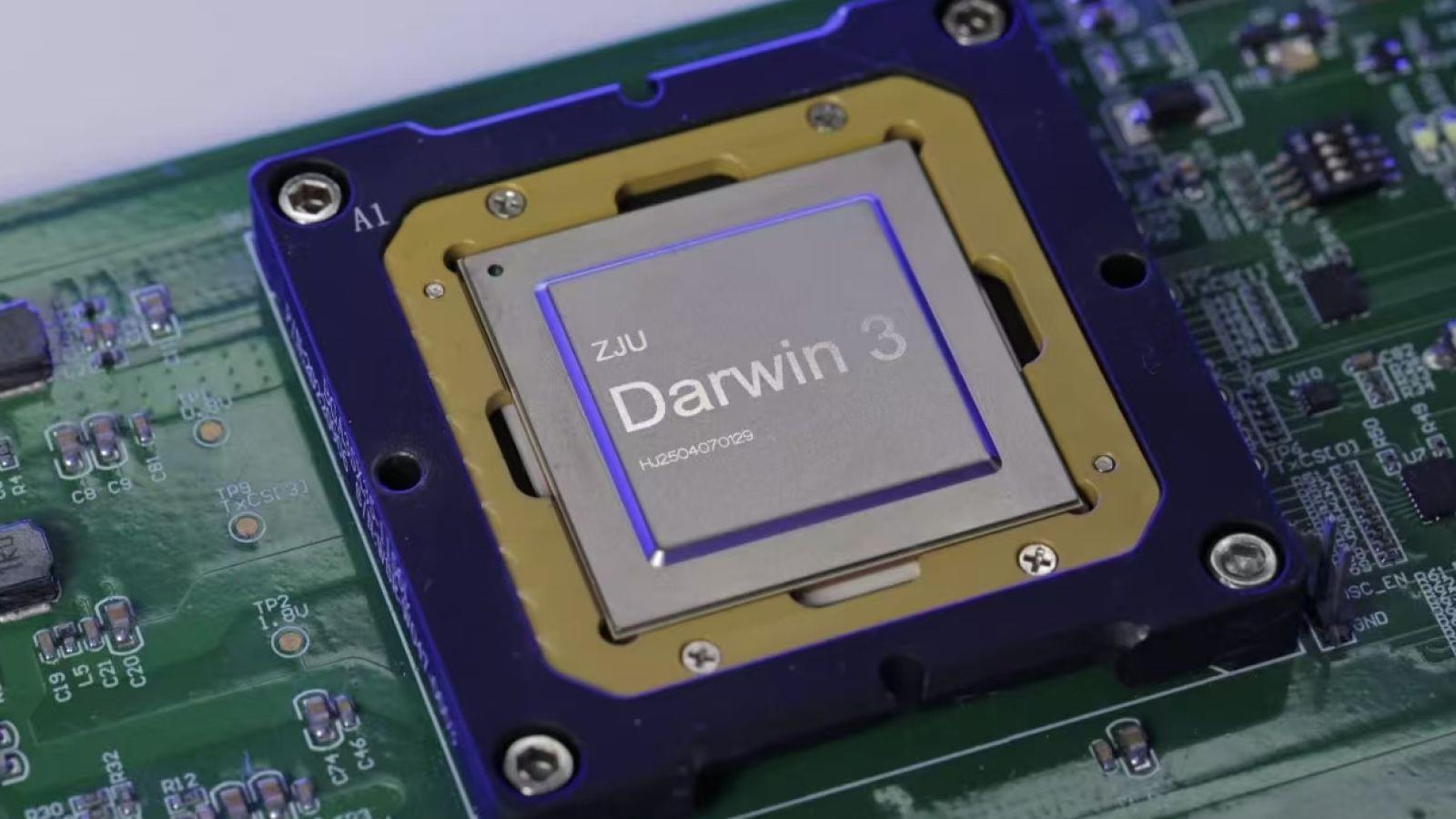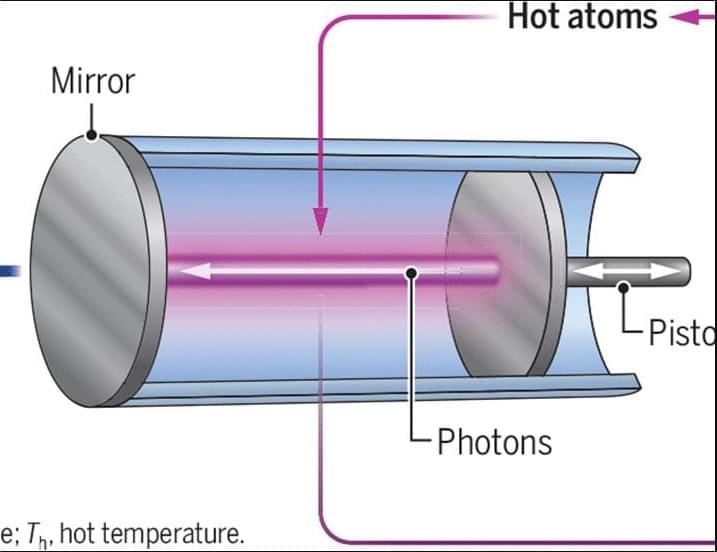In line with the original observation by Selye of an involution of the thymus and other lymphoid organs in response to stress (205) and the subsequent demonstration of the immunosuppressive effects of glucocorticoids (101), glucocorticoids have traditionally been seen as the hormonal mediators of the immunosuppressive effects of stressors. We will not delve into the details of the vast literature on the effects of stress on immunity, as this topic has been reviewed on several occasions and it is not directly relevant to the present review (3, 9, 160, 169, 204, 220).
Glucocorticoids act on their cellular targets by binding to glucocorticoid receptors (GRs). GRs normally reside in the cytosol in the form of a protein complex that brings together heat-shock proteins and FK506 binding protein 52. Upon binding to their ligand, GRs dissociate from this complex to form monomers or dimers and translocate to the nucleus The anti-inflammatory effects of glucocorticoids are mediated by transcriptional repression following nuclear translocation and tethering of monomeric GRs to the glucocorticoid-response elements of transcription factors such as NF-κB, activator protein (AP)-1, and IFN-regulating factor-3 (234). This results in the downregulation of genes coding for inflammatory mediators, enzymes, and adhesion molecules. Although the hypothesis is still controversial, GR dimerization and transactivation are thought to play an important role in the anti-inflammatory activity of glucocorticoids. This phenomenon is illustrated by data obtained in GR(dim/dim) mutant mice that show reduced GR dimerization and increased sensitivity to TNF-induced inflammation, and to experimental models of sepsis induced by LPS or cecal ligation and puncture (123, 235).
Glucocorticoids can be proinflammatory under certain conditions. This effect can be secondary to the selection of corticoid-resistant inflammatory cells, such as pathogenic Th17 cells that overexpress IL-23 receptor and multidrug-resistance protein and that are found in inflamed gut tissue from patients with Crohn’s disease (186). The proinflammatory effect of glucocorticoids may also result from inhibition of the production and release of anti-inflammatory factors, or conversely from enhanced production and release of proinflammatory mediators. In the first case, dexamethasone administered 24 h before LPS was found to enhance the placenta’s proinflammatory cytokine response to LPS as a consequence of the inhibition of lipoxin A4 synthesis (255). In the second case, it is the dose of glucocorticoids that makes the difference: as mentioned above, physiological glucocorticoid levels can be proinflammatory in some circumstances, whereas high or pharmacological levels are anti-inflammatory. For instance, low doses of glucocorticoids increase the production of macrophage migration inhibitory factor, and this effect is sufficient to override glucocorticoid-mediated inhibition of cytokine production and release by LPS-stimulated monocytes (39).



